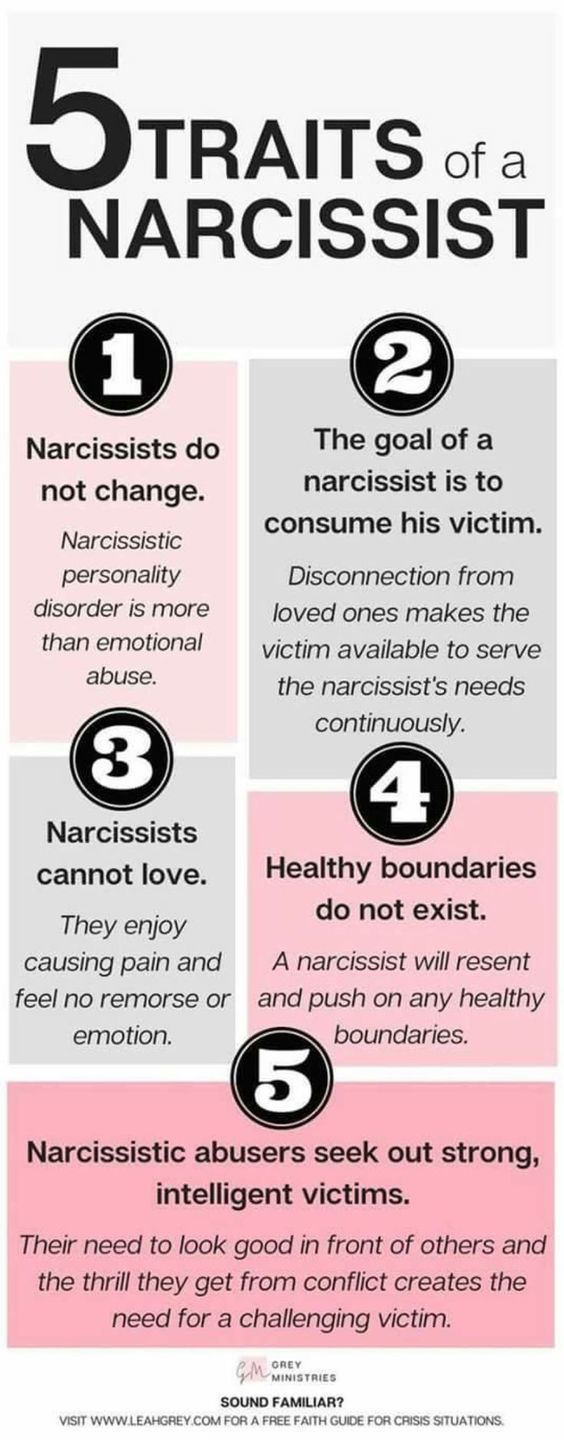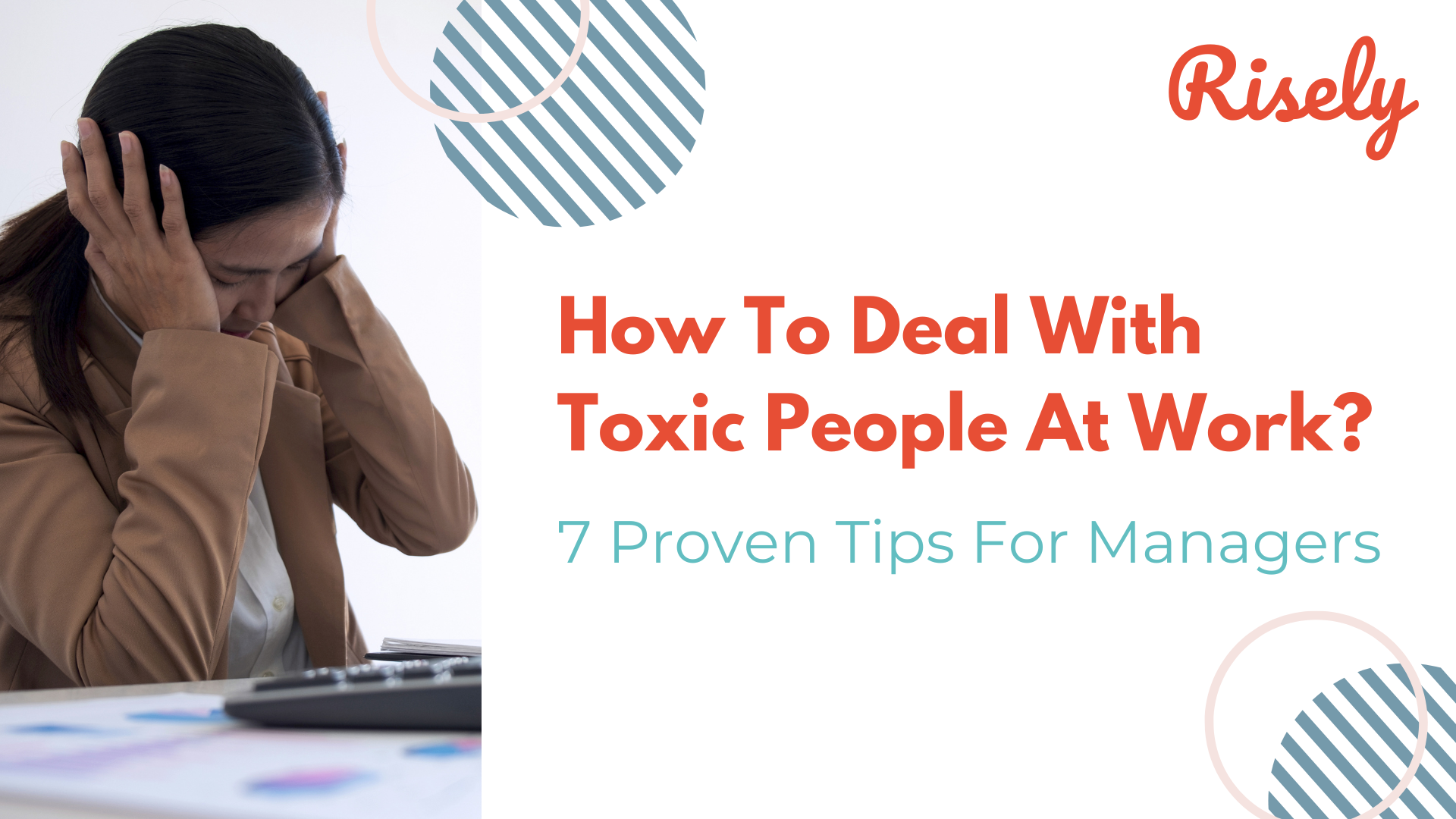How To Deal With A Toxic Narcissist At Work

The air in the office crackles with unspoken tension. Sarah, a bright marketing associate, shrinks slightly as Mark, the team lead, launches into another monologue about his "brilliant" strategies, subtly undermining her contributions. The fluorescent lights hum, a soundtrack to the daily dance of walking on eggshells – a dance many know all too well when dealing with a toxic narcissist at work.
Navigating the workplace can be challenging enough, but when a narcissistic individual, often marked by an inflated sense of self-importance and a lack of empathy, enters the equation, it can become a minefield. Understanding how to effectively manage this situation is crucial not only for your sanity but also for your professional well-being and career progression.
Understanding the Narcissistic Landscape
Before diving into strategies, it's essential to understand the underlying traits of a narcissistic personality. These individuals often crave admiration, are hypersensitive to criticism, and may exploit others to achieve their goals.
Their behavior isn't always overt; it can manifest in subtle ways, such as constantly interrupting others, taking credit for their ideas, or creating a competitive environment where everyone feels pitted against each other.
According to the Mayo Clinic, narcissistic personality disorder is a mental condition in which people have an inflated sense of their own importance, a deep need for excessive attention and admiration, troubled relationships, and a lack of empathy for others.
Strategies for Survival
Set Boundaries
One of the most critical steps is establishing clear boundaries. This means defining what behavior you will and will not tolerate.
For example, if Mark interrupts Sarah during meetings, she could calmly but firmly say, "Mark, I'd like to finish my thought before you jump in."
Documenting these interactions is also key, creating a record of problematic behaviors that you can refer to later, if needed.
Detach Emotionally
Narcissists thrive on emotional reactions. Try to remain neutral and detached in your interactions with them.
Instead of getting drawn into an argument, acknowledge their statement without offering validation or resistance. A simple "Okay, I understand" can effectively shut down a potential conflict.
Remember, their need for attention and validation isn't about you; it's about their own insecurities.
Focus on Your Work
Don't let the narcissist's behavior distract you from your core responsibilities. Concentrate on excelling in your role and delivering high-quality work.
This not only protects your performance but also diminishes the narcissist's ability to find fault or undermine your efforts.
By maintaining a strong professional focus, you reinforce your value to the organization and demonstrate your resilience.
Seek Support
Dealing with a toxic narcissist can be incredibly draining. Don't hesitate to seek support from trusted colleagues, friends, or family members.
Sharing your experiences and feelings can provide valuable perspective and emotional release. If the situation is significantly impacting your mental health, consider seeking professional counseling.
Remember, you're not alone, and there are resources available to help you navigate this challenging situation.
Document Everything
As mentioned earlier, keeping a detailed record of interactions is crucial. Note dates, times, specific behaviors, and any witnesses present.
This documentation can be invaluable if you need to escalate the issue to HR or a supervisor.
Having concrete evidence strengthens your case and protects you from potential retaliation.
Escalate, If Necessary
If the toxic behavior persists despite your efforts to manage it, don't hesitate to involve HR or your supervisor. Present your documented evidence in a calm and professional manner.
Emphasize how the narcissist's behavior is negatively impacting the team's productivity and morale. Remember, your well-being and the health of the workplace are paramount.
HR departments are often equipped to handle such situations, offering mediation or other interventions.
A Final Thought
Dealing with a toxic narcissist at work is undoubtedly challenging, but it's not insurmountable. By understanding their behavior, setting boundaries, and prioritizing your well-being, you can navigate the situation with greater confidence and resilience.
Sometimes, the best solution might be to seek a new opportunity, but in the meantime, arming yourself with these strategies can empower you to protect your mental health and maintain your professional integrity.
Ultimately, remember that your worth is not defined by the approval or validation of a narcissist. Your skills, talents, and contributions are valuable, and you deserve to work in an environment where you feel respected and appreciated.


















